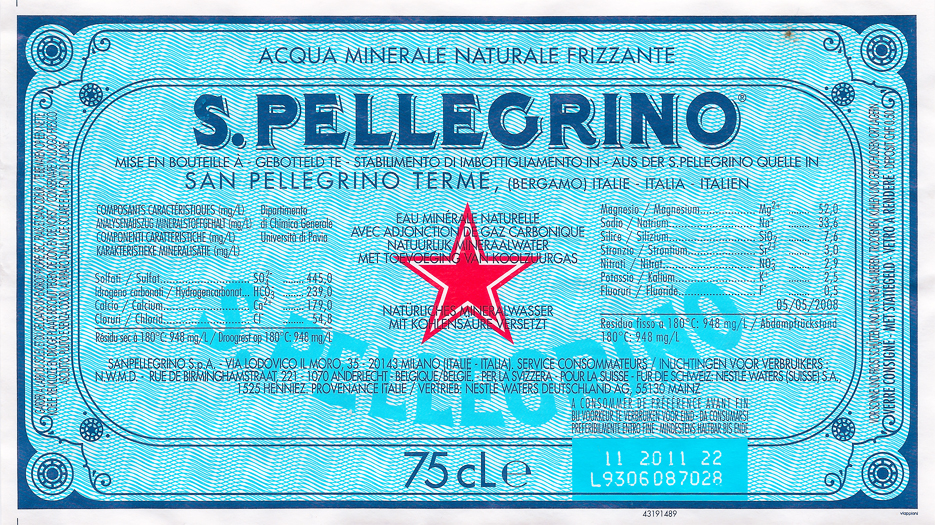heckofagator
Well-Known Member
While its not super expensive, it's a bit of a trek up to the store to pick up 6-7g of spring water and the price does add up a bit. What is the best bet to stop having to do this?
One, I think, is to buy a carbon block filter that most of the brew supply places sell that hook up to your sink of outside hose. Next would be just to use tap water and get the campden tablets.
What's the best way to proceed?
One, I think, is to buy a carbon block filter that most of the brew supply places sell that hook up to your sink of outside hose. Next would be just to use tap water and get the campden tablets.
What's the best way to proceed?





















































![Craft A Brew - Safale S-04 Dry Yeast - Fermentis - English Ale Dry Yeast - For English and American Ales and Hard Apple Ciders - Ingredients for Home Brewing - Beer Making Supplies - [1 Pack]](https://m.media-amazon.com/images/I/41fVGNh6JfL._SL500_.jpg)






